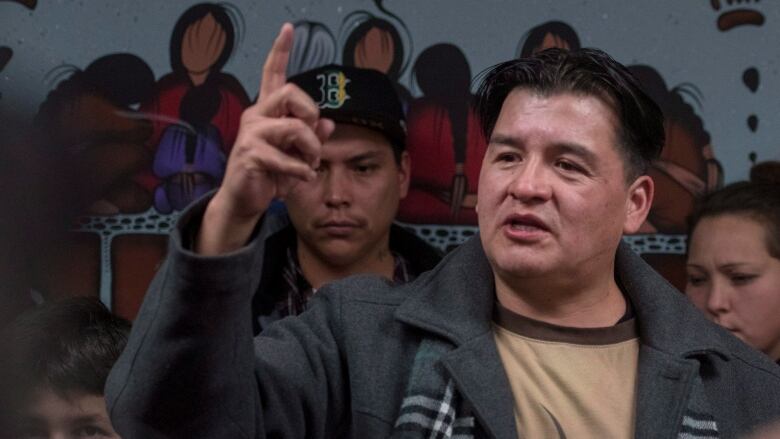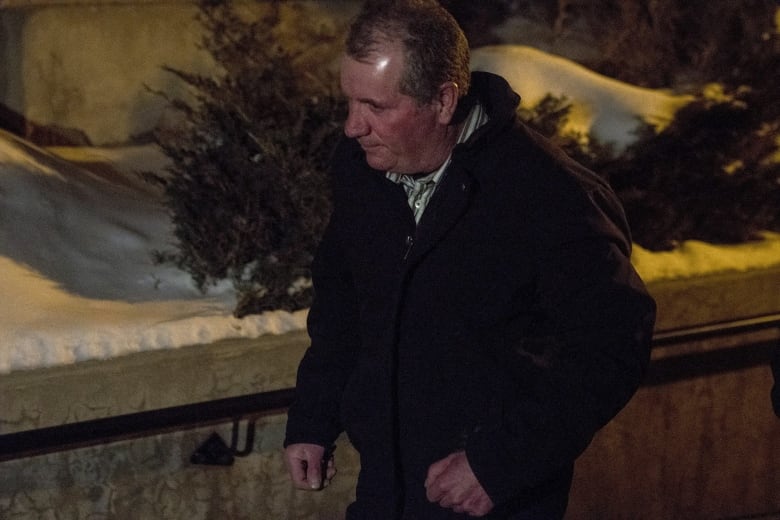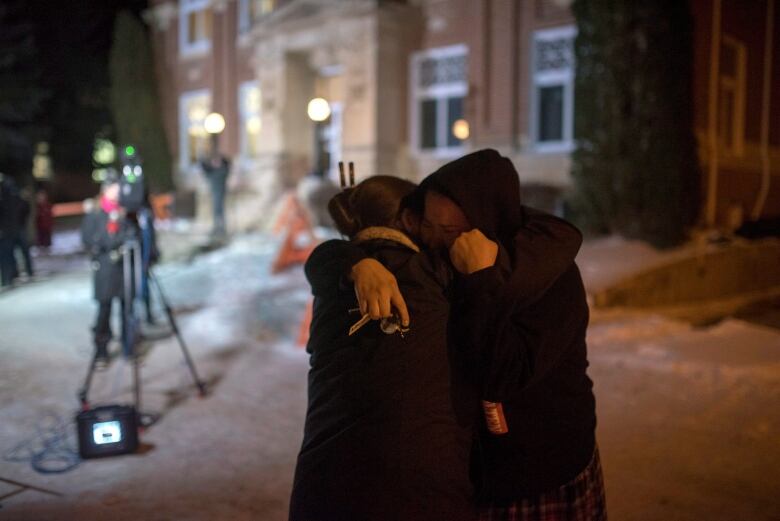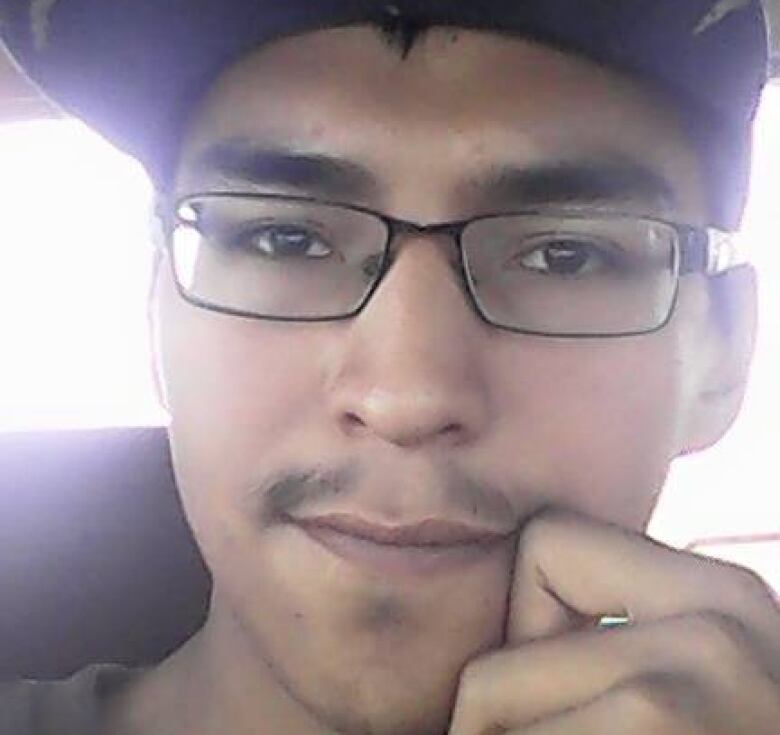Sask. premier says province is listening as 'deep disappointment' expressed in wake of Stanley verdict
Stanley found not guilty of 2nd-degree murder in death of 22-year-old Colten Boushie

Reaction to the verdict in the Gerald Stanley case has been flooding in from across Saskatchewan, and Premier Scott Moe says he has heard the "deep disappointment" expressed.
Moe issued a statement sayinghe felt the pain of theBoushiefamily and First Nations communities across the province, after a jury found Stanley not guilty in the death of 22-year-old ColtenBoushie.
"I am listening, our government is listening, and it is important that we continue to listen to the many voices involved in this discussion," he stated, adding he will be meeting with First Nations partners, including the Federation of Sovereign Indigenous Nationsand Tribal Council Chiefs. He indicated hewill also be speaking with the prime minister.
Saskatchewan is strongest when its communities work together, he said in the statement.
"It is now more important than ever that we continue to demonstrate consideration, patience, and understanding for one another as we move forward together."
Boushie, a Red Pheasant First Nation man,died of a gunshot wound to the head on Stanley's farm near Biggar, Sask.,in August 2016.
Sitting in a Queen's Bench courtroom in Battlefordon Friday night, a jury found Stanley not guilty of all charges.
"I was in shock," said Federation of Sovereign Indigenous Nations Chief Bobby Cameron. "Absolute shock. I compare it to the way I felt when I lost one of my loved ones."
Stanley was charged after Boushie was shot during an altercation between Stanley's family and a group of young people who had driven onto his rural property. The case quickly became a symbol of racial conflict in Saskatchewan.

Cameron said there would likely be protests and rallies in the near future, and the FSIN would be asking for a new trial and for the federal government to intervene.
"This is not going to go away any time soon," he said. "Something has to happen. The federal government has to happen."
The high-profile trial has drawn attention across Canada, and bothJustice Minister JodyWilson-Raybouldand Prime Minister Justin Trudeau acknowledged the verdict on social media on Friday night.
Just spoke with @Puglaas. I can't imagine the grief and sorrow the Boushie family is feeling tonight. Sending love to them from the US.
—@JustinTrudeauThank you PM @JustinTrudeau. My thoughts are with the family of Colton Boushie tonight. I truly feel your pain and I hear all of your voices. As a country we can and must do better - I am committed to working everyday to ensure justice for all Canadians. https://t.co/HvjV0bofrQ
—@PuglaasCameronsaidWilson-Raybouldhas promised to meet with theBoushiefamily in the near future.
I compare it to the way I felt when I lost one of my loved ones.- Federation of Sovereign Indigenous Nations Chief Bobby Cameron
The chief also voiced his concerns about Crown prosecutor Bill Burge. During the trial's preliminary hearing, the family asked that Burge be replaced with another lawyer.
"We knew this Crown prosecutor would be absolutely incapable of handling such a high profile case," he said. "Watching him in the courtroom, he was humdrum. He wasn't passionate and didn't take pride in his work."
Community in 'absolute shock'
Reaction was swift across Saskatchewan's Indigenous community.
"It's exploding on social media," said John Lagimodiere, publisher of newspaperEagle Feather News. "It's almost unbelievable...The community is in absolute shock."

Lagimodiere said the verdict could set reconciliation efforts back years.
"Trust is a big part of that relationship," he said. "And when you see things like this, with the perceived lack of Indigenous people on the jury, with all the evidence we heard and Colten Boushie is dead and nobody is guilty of anything, it kind of sets us back."
Cameron took the point even further.
"(Reconciliation) has totally failed," he said. "It has failed First Nations people right across this country."

Trial of the decade
Lawyer Brian Pfefferle has been following the case from the outset, and said this trial quickly grew outside the boundaries of a normal trial.
"It's the biggest case in the ten years I've been practicing," he said. "The number of people that were interested in this case dwarfs many of the cases that I've done, where there were lots of interested parties."
Pfefferle said it was always difficult to predict how the jury would decide.
"In some sense, I wouldn't have been surprised by any verdict in this case, because of the issues," he said.
It's the biggest case in the 10 years I've been practicing.- Lawyer Brian Pfefferle
He said the Crown's case was hampered by inconsistent evidence on the part of several witnesses.
"It makes it so difficult for a jury, or any trier of fact, to rely on their evidence," he said. "Given the high standard that's required in criminal court to find proof beyond a reasonable doubt."
While Stanley's defence heavily relied on evidence that his handgun misfired, Pfefferle said it's difficult to say how influential the line of questioning was.
"A not guilty verdict does not indicate that they didn't believe it," he said. "It just means that it led to a reasonable doubt."
Pfefferle said it was too early to say whether an appeal will be launched. However, as this was a trial by jury, normally the Crown could only appeal the verdict based on concerns over the judge's instructions to the jury.
"We have a very experienced trial judge, who is obviously very careful," he said. "He took a whole day to generate his jury instructions."












_(720p).jpg)


 OFFICIAL HD MUSIC VIDEO.jpg)
.jpg)



























































































